June 17, 2019
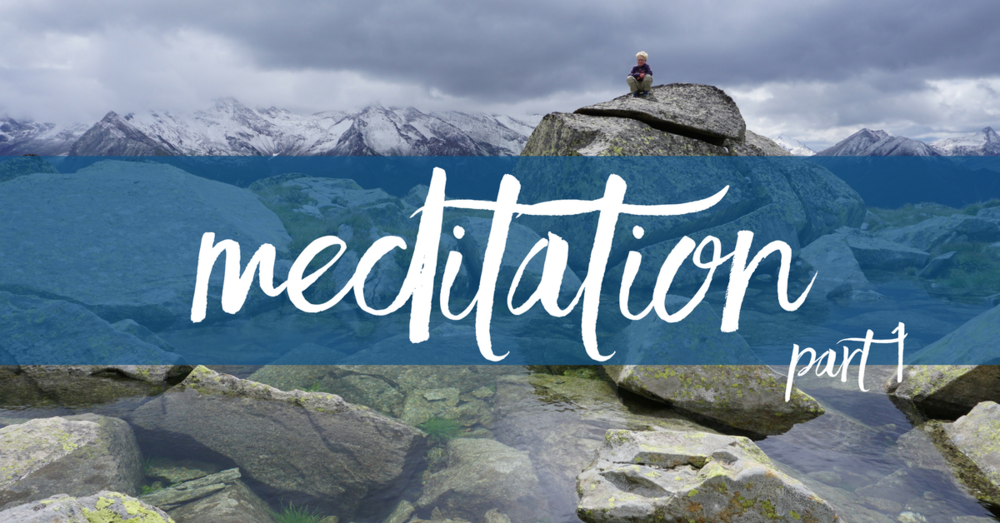
This is the first article in a series of two. This first article explains the word meditation: where it originated and its use today. Being able to experience anything is much more powerful than reading about it. That’s why I let you in on my experiences with meditation. Sharing the shifts, the changes, I felt in my life when I started practicing meditation 13 years ago.
The second part, which will be published next week, will show you why and how meditation can benefit you. There are many scientific studies that confirm my own experiences. I will guide you through science’s latest findings. And, lastly, I will explain the Four Foundations of Mindfulness, one of the fundamental ways to practice meditation.
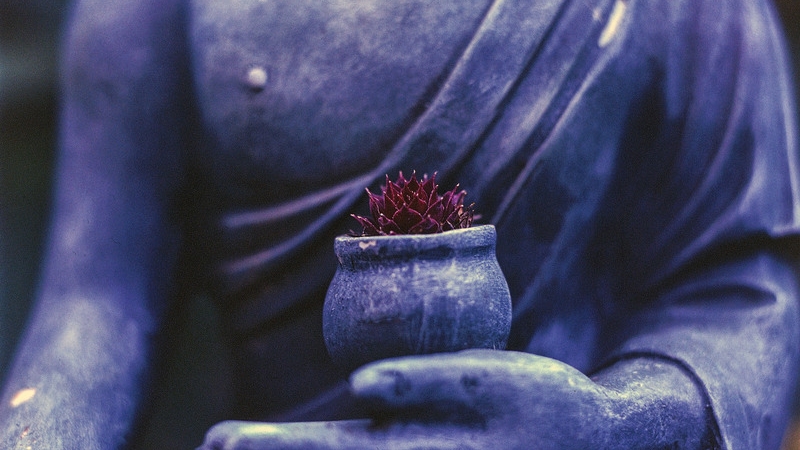
THE WORD “MEDITATION”, ITS MEANING AND ITS USE
You have probably been hearing the word meditation quite a lot lately. It has become widespread in many fields and we even hear about it on television. Meditation has been used in almost every religion or spiritual tradition around the world, and now it’s used in science, business companies and by psychotherapists.
Why do we hear so much about this word/method/practice/spiritual technique? What actually is meditation?
The meaning of the word meditation depends on where you look for it and which language you are doing the research in.
In Sanskrit, the ancient language of India, which is mainly connected to Hinduism, the word for meditation is Dhyana. Dhyana also means contemplation. Meditation is also considered a tool leading to self-knowledge and unification with the ultimate Self or the reality.
In the Pali language, the word used for meditation is Bhavana, this is what we commonly find in Buddhist scriptures. Bhavana has a slightly different meaning to the Sanskrit meaning, it leans closer to “development” or “cultivation”. Often it refers to the development of something like the consciousness, the mind, the body, etc.
To make it easier to grasp, the wider meaning of meditation or its use is the development of our awareness, of the consciousness of the processes that are going on inside and outside of oneself.
As the word meditation is often associated with Buddhism, I will keep this notion in mind throughout this article, but I will also simply cover the different areas where meditation is used today and how science supports the benefits of this practice.
Practicing meditation can be used to feel more relaxed, to develop states of kindness, to reduce stress or to improve your health, creativity, and performance in general. It can also be used as a tool to get fully liberated from the cycle of existence or to simply be free from suffering, anger or greed. Some use meditation to connect with the divine, this is the more Christian meaning of the word. Meditation is also used to attain self-knowledge, the original goal of yoga in Hinduism, which is also the reason why psychologists use it nowadays. On top of that, meditation improves physical performance, so athletes are following in their footsteps.
In this article, I will share a few elements that I hope will give you a better idea of what meditation is and why it is so beneficial.
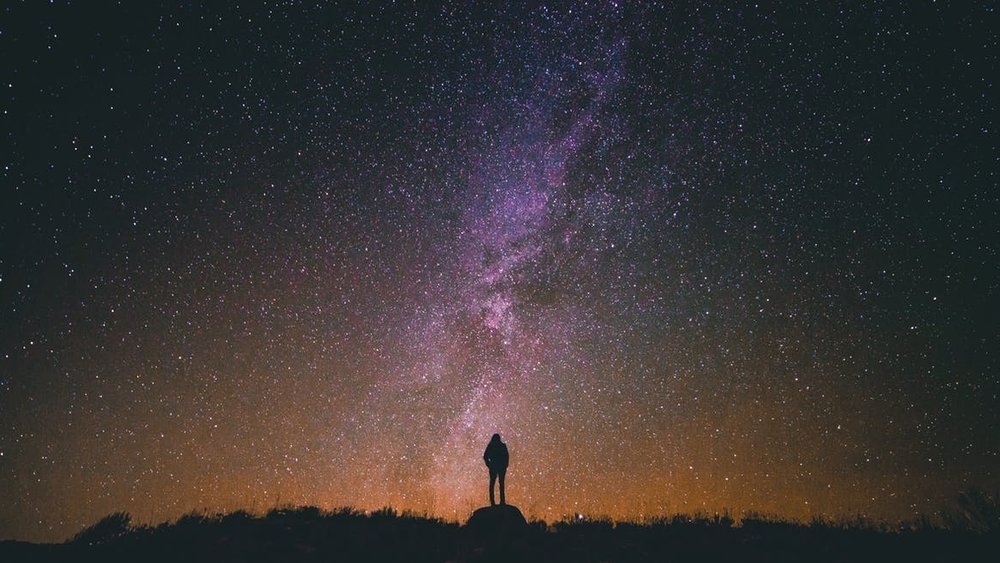
MY PERSONAL EXPERIENCE WITH MEDITATION
Although I find studies interesting for many reasons – and they are valuable tools to prove our points concerning the subject of meditation – experience is the best proof. However, to underpin the points I make in these articles, I will refer to significant studies in the second part next week.
I have been meditating for more than thirteen years. From my first days of practice, I have seen/felt how beneficial it was for my health, my mind, brain, and spiritual search.
I read a quote from the Buddha one day that said something like this: “don’t believe anything that I say, but try meditation for yourself and you will know.”
I tried meditating the same day and have never stopped since. I practice a formal sitting meditation every day when I wake up and I do my best throughout the day to be mindful and aware of my breathing. Like now, I’m aware of breathing in, aware of breathing out. I’m aware of the sensation of my feet on the ground, of my back against the seat I am sitting on. And you, what do you feel right now? What are you aware of right now?
After some years, I began participating in longer retreats. The first couple of retreats I joined, were in Europe and lasted a week or 10 days. Then I traveled to Asia where I spent up to 4 months in a Buddhist monastery. Those experiences showed me how my mind, perceptions, and emotions function. They also showed me what a clear mind looks like, how it is possible to be liberated from our attachments, negative behaviors, thoughts and beliefs, and also how these liberations allow us to live a more peaceful and fulfilled life.
A fulfillment that comes from within, whatever is happening on the outside; one can be stable, unshakable when one sees the reality the way it is.
Seeing the reality the way it is, is the main key for a peaceful mind, one stops wanting the sun and heat when it’s winter, one stops wishing for the leaves to stay on the trees when fall is unfolding. This fighting against reality, this is being ignorant and deluded and this can only lead to suffering.
Death is part of life like winter is part of the natural cycle of life, so why do we fight against nature?
Aging is also a natural process. Not being able to see this reality leads to a battle which is impossible to win.
The same happens in our minds, some people think that meditation is about not thinking, so they feel bad if thoughts enter their minds while meditating. These bad feelings about having thoughts are negative feelings, so they feel depressed. But meditation is actually quite the opposite, it is seeing things the way they are, the nature of the mind is to think. The only mistake is to believe those thoughts, identify yourself with them, or hold onto them. Even trying to stop thoughts is a direct way into suffering.
Why don’t we embrace the thoughts and the emotions? What does a mother do when her baby is crying? Does she repeat “don’t cry, don’t cry”? Does she put earplugs in so she doesn’t hear her child? No, she hugs her baby, she looks at him/her to see what the baby wants. So why aren’t we looking at our thoughts and emotions, why don’t we try to understand them? Maybe they have something to tell us, maybe they just need recognition?
Maybe.
Going back to my experiences, that is what I have seen happening to me. Instead of covering up, or ignoring my thoughts, I began to observe them, to look deeper and deeper into them, to feel where emotions were expressing themselves in my body. And day after day, I have noticed that my emotions were getting smaller and smaller, they made me react less and less, I was able to respond in a more appropriate manner to whatever stimulation was entering my mind through any of my six senses.
I was becoming more liberated from unconscious reactions, I was more aware, I was able to understand and see the causes and consequences of my thoughts, words, and actions.

As you can see meditation is a vast subject and has so much to offer.
I discovered that it is a key to self-knowledge, a peaceful mind, better relationships with others and when applied properly can provide great satisfaction in our life.
Next week you will see the logical reasons to this, the scientific proof and most importantly you will discover the blueprint the Buddha taught on how to practice meditation/mindfulness.
If you enjoyed this blog, sign-up for our newsletter to receive future updates.
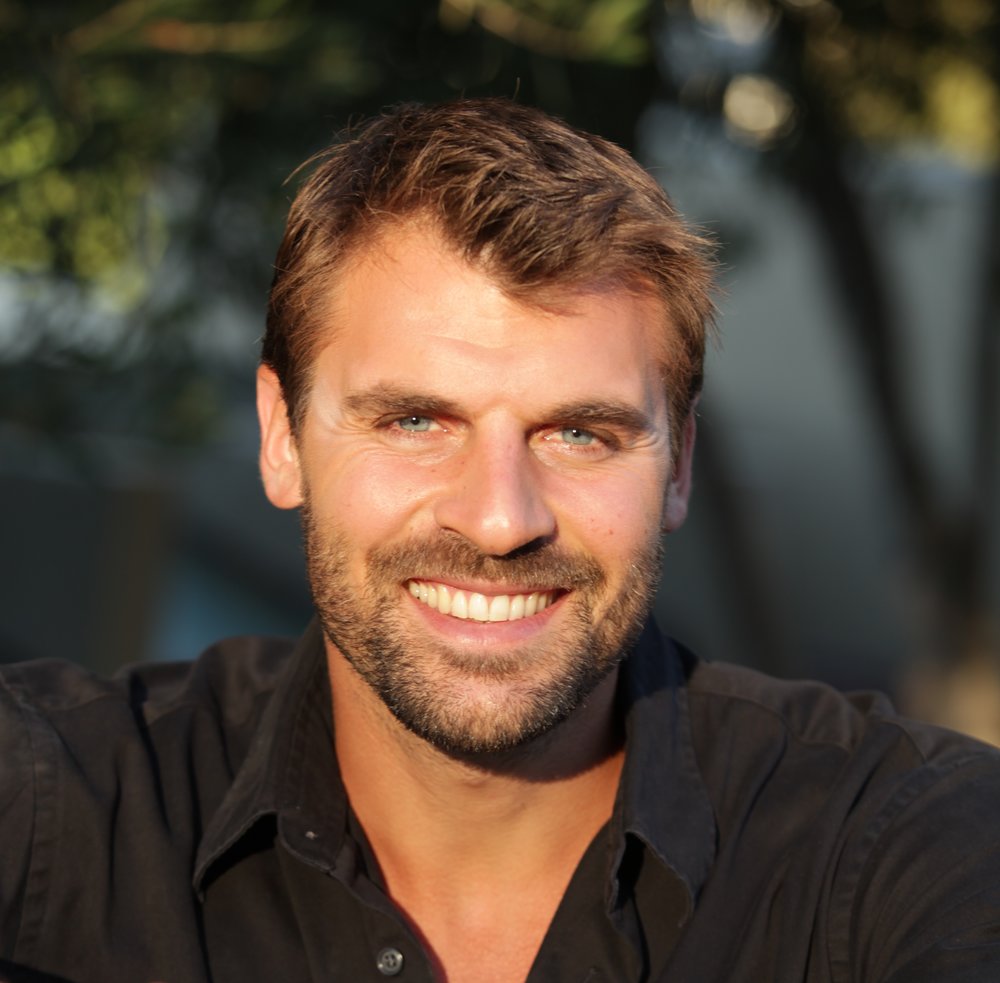
Frederic Deltour was born March 30, 1982, in France. He grew up in the suburbs of Paris and spent his childhood on the judo mat. He won many competitions in his youth before becoming a model, actor, and stuntman.
He created and managed 3 companies specializing in natural products and renewable energies, and also worked as a life coach.
Frederic followed a spiritual path for many years, after which he taught Yoga and Tai-Chi.
He has traveled in over 40 countries, climbed several mountains in the Himalayas and the Andes, studied for months with a shaman in Peru, practiced with a yogi in the mountains of India, and lived in a Buddhist monastery for several months.
After traveling for over five years, Frederic is now sharing his experiences in his books and lectures, all while he continues to explore the world.
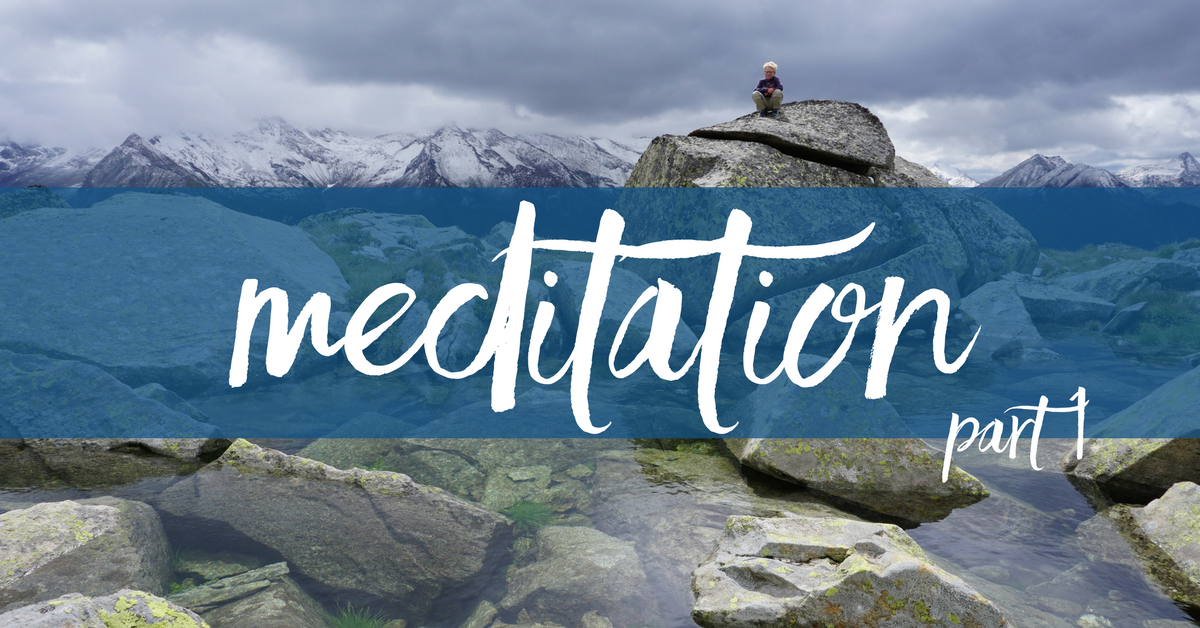
Comments